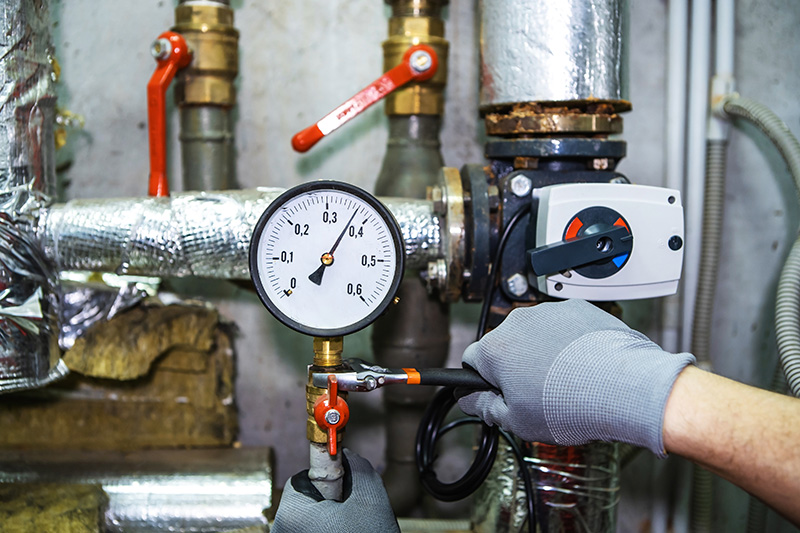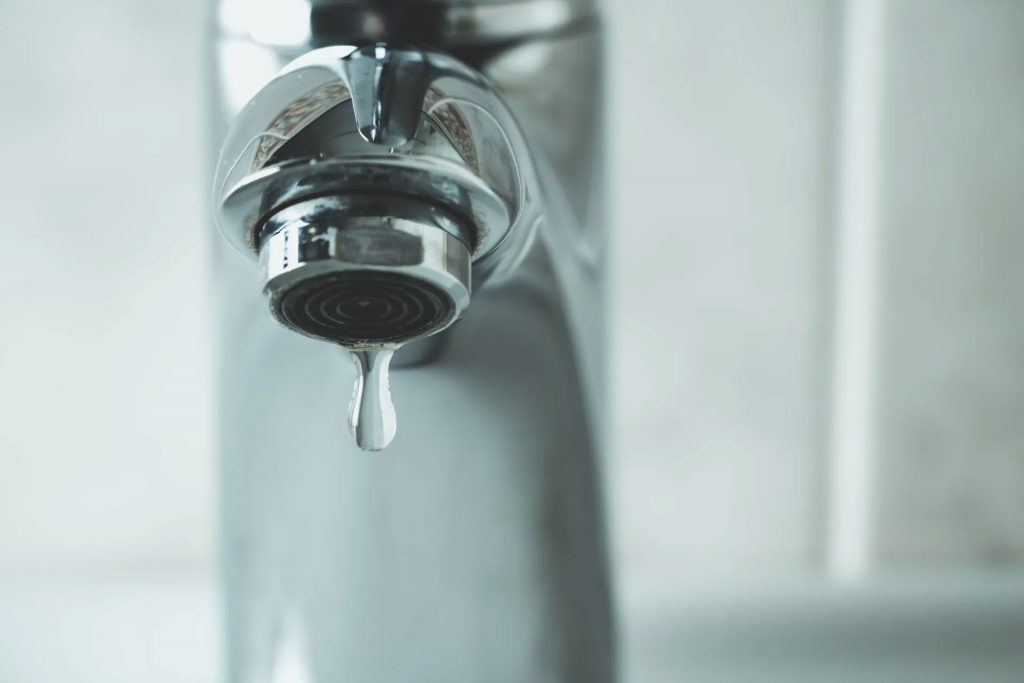Highly-Rated Techniques for Rectifying Low Water Pressure in Your Home
Highly-Rated Techniques for Rectifying Low Water Pressure in Your Home
Blog Article
Presented here underneath you can find additional really good guidance related to 9 Reasons for Low Water Pressure in Your House.

Low water pressure in your home can be an aggravating trouble, affecting everything from bathing to washing meals. If you're experiencing weak water flow, there are a number of possible reasons and remedies to discover. In this guide, we'll talk about common factors for low tide pressure and sensible steps to deal with the concern effectively.
Intro to Low Tide Pressure
Low tide stress occurs when the circulation of water from your faucets, showers, and other fixtures is weaker than usual. This can make daily jobs much more tough and much less reliable. Understanding the sources of low tide stress is critical to locating the best option.
Usual Causes of Low Tide Pressure
Pipe Obstructions
In time, pipes can become clogged with natural resource, sediment, or debris, limiting the flow of water. This is a common problem in older homes with galvanized steel pipes.
Deterioration
Rust within pipes can lead to leaks and reduced water pressure. Corrosion buildup can tighten water circulation, particularly in maturing plumbing systems.
Faulty Stress Regulators
Pressure regulators are responsible for preserving regular water stress in your house. If they malfunction, it can result in low water stress or uneven flow throughout your home.
Community Water System Issues
In some cases, the issue exists outside your home. Metropolitan supply of water issues, such as main line leaks or maintenance job, can momentarily reduce water stress in your location.
Exactly How to Diagnose Low Tide Stress
Inspecting Faucets and Fixtures
Start by testing the water pressure at various faucets and fixtures throughout your home. If the concern is separated to specific areas, it might suggest local troubles.
Evaluating Pipes
Examine noticeable pipes for indications of leaks, rust, or obstructions. Focus on any unusual noises, such as knocking or rattling pipes, which could suggest issues within the plumbing system.
Consulting with a Plumber
If you're not able to determine the cause of low water stress, think about working with a specialist plumber to carry out an extensive examination. They can determine underlying problems and suggest proper options.
Do It Yourself Solutions to Deal With Low Water Stress
Cleansing Aerators and Showerheads
Mineral deposits can gather in aerators and showerheads, reducing water flow. Eliminate and clean these parts consistently to boost water stress.
Flushing Water Heater
Sediment build-up in the hot water heater can restrict circulation and lower efficiency. Flushing the tank regularly assists get rid of sediment and maintain optimal efficiency.
Examining Pressure Regulator
Guarantee that the pressure regulator is functioning correctly. Readjusting or replacing the regulatory authority can assist restore correct water pressure throughout your home.
Clearing Up Clogs in Water Lines
For minor clogs, try making use of a plumbing serpent or chemical drainpipe cleaner to clear obstructions in pipelines. Be cautious when making use of chemicals and adhere to security guidelines.
When to Call a Specialist Plumber
If do it yourself efforts fail to resolve the issue or if you think considerable plumbing issues, it's ideal to look for help from a qualified plumber. They have the experience and devices to deal with complicated issues safely and successfully.
Preventive Measures to Keep Water Pressure
Normal Maintenance
Set up regular maintenance for your plumbing system to stop issues such as deterioration, leaks, and blockages. Dealing with minor issues early can aid prevent even more substantial repair work later.
Setting Up a Stress Booster
Think about installing a pressure booster pump to improve water stress in locations with regularly reduced circulation. This can be specifically useful for multi-story homes or residential properties with high-demand components.
Monitoring Water Use
Bear in mind water usage routines and prevent overtaxing the plumbing system. Basic modifications, such as astonishing showers and washing loads, can help keep appropriate water stress.
Verdict
Dealing with low tide stress can be discouraging, but determining the underlying causes and applying proper options can restore ideal flow throughout your home. Whether it's cleaning aerators, checking pipelines, or talking to a plumber, taking aggressive actions can ensure a consistent supply of water for your everyday requirements.
How to Fix Low Water Pressure In Your Home
Municipal Water Supply Issues
Scheduled maintenance, high demand, and water main breaks are all potential causes for low water pressure within a city or county’s water lines. While there’s not much you can do to personally fix a problem with your city or county’s water supply system, you can play a big role in documenting the issue and alerting those who can.
How to fix it:
Ask your neighbors if they are experiencing any issues with low water pressure. If multiple homes are affected, it’s likely related to the city’s water line.
Contact the local Water Authority to see if there is any maintenance taking place that might be affecting your supply. Also let them know of your specific issues. If other homeowners report the same issues, they’ll know that there could be a larger issue to look into.
Faulty Fixtures
A damaged or clogged shower head, faucet or appliance is the first thing we’d suggest checking, especially if low water pressure appears to be isolated to a specific area of your home.
How to fix it:
First, turn off the main water supply to your home.
Check the affected appliances for build-up or debris. In the case of a faucet, you can simply unscrew the aerator at the tip of the faucet. Showerheads should be fully detached from the water pipe.
While the appliances are detached, you may want to check the water supply to determine if the fixtures were in fact the issue.
To clean, soak the showerhead or aerator in vinegar and brush off any visible debris.
Reattach the fixtures and check the water pressure again. If it is still low, there is likely a deeper issue at hand, which can be determined by a professional plumber.
Pipe Obstructions
Mineral deposits, rust or other debris within water pipes can lead to blockages or corrosion over time.
How to fix it:
When you think of a clog, you probably think of a drain clog. While there are many DIY solutions to clearing a drain, clogs in a water pipe will almost always require the help of a professional plumber. A plumber will be able to locate the affected pipe and clean out any debris or mineral deposit buildup. In severe cases, the pipe may need to be replaced. Your plumber might also recommend a water softening system to remove the minerals from your home’s water supply that can contribute to pipe blockages over time.
Plumbing Leak
Undetected water line leaks can divert water away from your residential pipes, reducing the water pressure in your fixtures.
How to fix it:
Check your water meter by turning off all water sources and monitoring the meter for any movement, which could be a clear indicator of a potential leak.
Check all visible pipes for signs of leaking, including water stains, active dripping or damp spots around the pipe.
Inspect fixtures, including faucets and showerheads, for any drips.
Test the pressure but recording the pressure with the main water valve shut off. Leave off for a few hours and test again. A significant drop in pressure is a clear sign of a leak.
https://kiddcoplumbing.com/plumbing-blog/how-to-fix-low-water-pressure/

How to Fix Low Water Pressure In Your Home
Municipal Water Supply Issues
Scheduled maintenance, high demand, and water main breaks are all potential causes for low water pressure within a city or county’s water lines. While there’s not much you can do to personally fix a problem with your city or county’s water supply system, you can play a big role in documenting the issue and alerting those who can.
How to fix it:
Faulty Fixtures
A damaged or clogged shower head, faucet or appliance is the first thing we’d suggest checking, especially if low water pressure appears to be isolated to a specific area of your home.
How to fix it:
Pipe Obstructions
Mineral deposits, rust or other debris within water pipes can lead to blockages or corrosion over time.
How to fix it:
When you think of a clog, you probably think of a drain clog. While there are many DIY solutions to clearing a drain, clogs in a water pipe will almost always require the help of a professional plumber. A plumber will be able to locate the affected pipe and clean out any debris or mineral deposit buildup. In severe cases, the pipe may need to be replaced. Your plumber might also recommend a water softening system to remove the minerals from your home’s water supply that can contribute to pipe blockages over time.
Plumbing Leak
Undetected water line leaks can divert water away from your residential pipes, reducing the water pressure in your fixtures.
How to fix it:
https://kiddcoplumbing.com/plumbing-blog/how-to-fix-low-water-pressure/
Do you appreciate reading about 10 Reasons for Low Water Pressure in Your House? Make a short review down the page. We would be pleased to see your reactions about this page. Hoping that you visit us again soon. Loved our posting? Please quickly share it. Let somebody else locate it. We love reading our article about Low Water Pressure in the House?.
Book Report this page